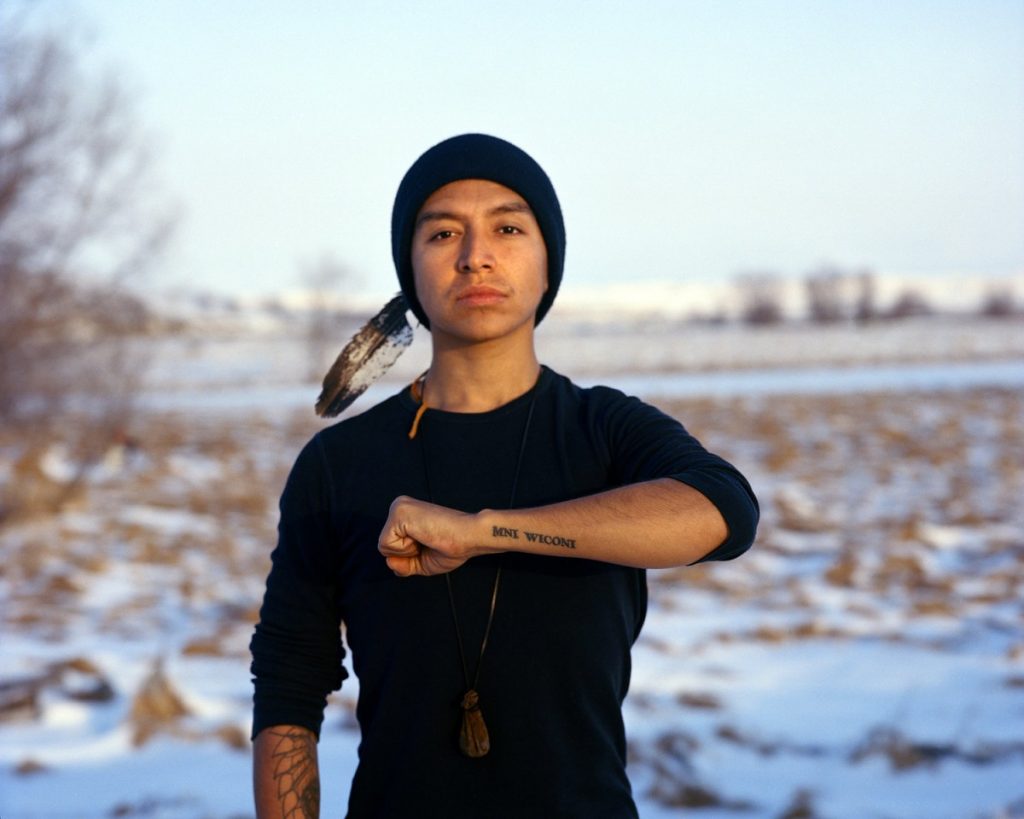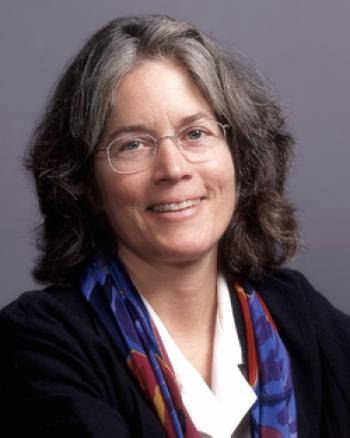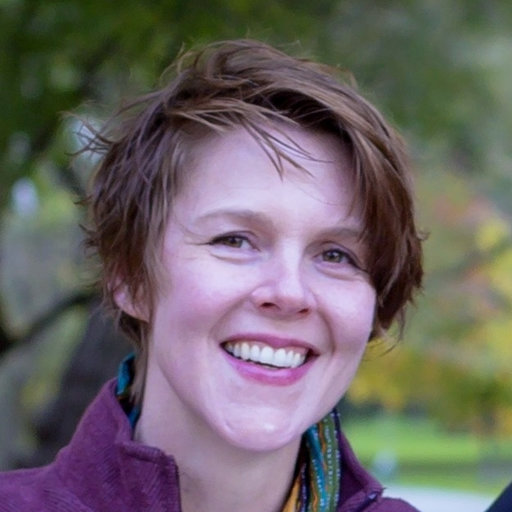Biographies
Thomas Lopez Jr.

Lopez is the executive director of the International Indigenous Youth Council (IIYC), at the age of 26. The organization emerged during the Standing Rock Indigenous Uprising of 2016, and has since grown, all the while maintaining its roots of protecting people and the elements and inspiring young people to become community leaders. Lopez will be the keynote speaker of the symposium, starting the weekend by talking about his personal experience of resisting the extractive industries at Standing Rock and the national indigenous fight against oppression. His keynote speech will be in the form of a lecture followed by a Q&A session.
Organizers invited Lopez to deliver the opening remarks because we believe his story of turning away from a career in media and towards fighting for the rights of his people can have a huge impact on our student body. These are the stories that Middlebury needs to hear, not only to understand how we can bring about change as young leaders, but to know that every person deserves to be valued and respected in the environmental movement. Lopez became a youth leader and activist at Standing Rock. He has since become involved in the fight to regulate fracking in his hometown of Denver, Colorado to protect air and water quality as well as the community’s well being. He offers a unique perspective on the problem of erasure of youth and minority voices, and how combatting this dynamic is critical to furthering both environmental and indigenous movements.
Jonathan Rosenthal

Rosenthal is the co-founder of Equal Exchange and Oké USA, an advisor and leader in the Fair Trade and New Economy movements, and a parent of a Middlebury student. He currently works as the principal of Just Works Consulting, helping mission driven organizations achieve their goals. Most importantly for our symposium, he was the executive director of the New Economy Coalition until 2018. New Economy is a network of organizations that has taken a novel approach to creating systemic change by altering our economic and political systems. By doing so it addresses issues of social justice and economic and ecological crises by giving agency to individuals. Rosenthal will give an unconventional lecture by implementing several strategies to make it highly interactive and engaging. He intends to not use slides or a podium, and have the audience sit in rings of seats in order to create a dialogue rather than a one-sided conversation.
By leading discussions on building an economy and culture that recognize the interconnectedness of all types of justice, Rosenthal will help address one of our goals of creating a network of support for all justice groups on campus. By pointing out how all struggles of justice — including climate justice — are related, we can establish a shared identity in our community. He will capture many ideas being introduced throughout the weekend such as food justice and indigenous rights and apply them directly to making concrete changes at the institutional level. Specifically, Rosenthal is interested in talking to the Middlebury community about the nuances of trying to create change when working both within and beyond the traditional market economy, and the limitations of both approaches.
José G. González
José G. González is the Founder of Latino Outdoors. He is an experienced educator as a K-12 public education teacher, environmental education advisor, outdoor education instructor and coordinator, and university adjunct faculty. He is also an illustrator and science communicator.

His commentary on diversity and environmental/outdoor equity has been featured by High Country News, Outside Magazine, Earth Island Journal, and Latino USA, among others. He engaged in collaborations with the White House Council on Environmental Quality, U.S. Department of Interior, and the National Park Service during the Obama Administration. He also represented Latino Outdoors in several coalitions including the Latino Conservation Alliance, the Next 100 Coalition, and California Parks Now. He has been recognized with several honors, including the National Wildlife Federation Environmental Educator Award, Grist Magazine “Grist 50”, and The Murie Center Spirit of the Muries, among others. You may have also seen him in various outdoor spaces or read his poetic musings.
Molly Anderson

Molly Anderson is the William R. Kenan, Jr. Professor of Food Studies at Middlebury College. She is interested in multi-actor collaborations for sustainable food systems, food system resilience, human rights in the food system, the right to food in the US, and bridging interests and concerns of academicians and community-based activists. She participates in Vermont’s Farm to Plate Network; the Food Solutions New England network; the national Inter-Institutional Network for Food, Agriculture & Sustainability; and the International Panel of Experts on Sustainable Food Systems (IPES-Food). She earned an interdisciplinary Ph.D. in Systems Ecology from University of North Carolina at Chapel Hill.
Dan Suarez

Dan is an Assistant Professor of Environmental Studies at Middlebury College. He completed his PhD at UC Berkeley in Environmental Science, Policy & Management (ESPM) in late 2017. His research is interdisciplinary, leveraging training in human geography, cultural anthropology, and environmental science, with prior experience working in international conservation and development. In his work, he brings together scholarship from political ecology, science studies, and institutional theory to explore questions of power, knowledge, environmental justice, and social change.
Lily Bradburn
Lily Bradburn is the Local Food Access Coordinator at HOPE a community funded poverty relief organization in Middlebury. In her position she works to bridge the gap between agricultural surplus and food insecurity in Addison County. With the help of community members, the Local Food Access Program is able to deliver fresh and nutritious fruits and vegetables to HOPE’s food shelf along with several dozen other charitable organizations. Lily also provides cooking workshops and taste tests using accessible ingredients through her program. She is also currently Co-Chair for the Addison County Hunger Council a network of community partners seeking to strengthen the relationships of those experiencing food insecurity and those providing services.
Elizabeth Lunstrum

Lunstrum is an Associate Professor of Geography at York University in Toronto, Canada. Her research examines the political ecology of conservation – including green militarization, conservation-induced displacement, and illegal wildlife trade (IWT) – along with the political ecology of international borders. Her work focuses on Southern Africa and North America.
Veronica Davidov

Dr. Davidov is an environmental anthropologist. Her research focuses on human-nature relations and the cultural, political, and economic processes involved in their formation and negotiation. She is particularly interested in how natural resources are constructed and contested in global and local arenas, and the moral ecologies and economies that emerge when nature becomes a commodity. She did her dissertation fieldwork in the Ecuadorian Amazon, studying indigenous ecotourism in lowland Kichwa communities. This research inspired her ongoing interest in zones where ecotourism and forms of resource extraction, such as oil production or mining, co-exist side by side. Dr. Davidov is also formally trained in visual anthropology, and frequently uses visual methods in her research and teaching. Her long-term fieldsite continues to be Ecuador, and she has also conducted extensive research in northern Russia. She is the co-editor of Laboratorium: Russian Review of Social Research. Dr. Davidov teaches graduate and undergraduate courses in anthropological theory, as well as the senior year Research Seminar in Anthropology at Monmouth University.